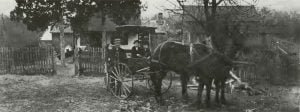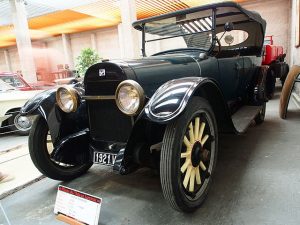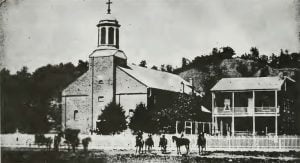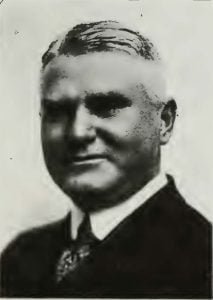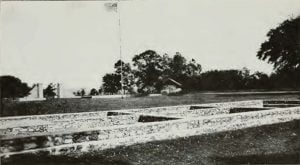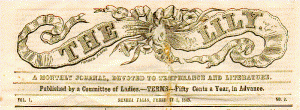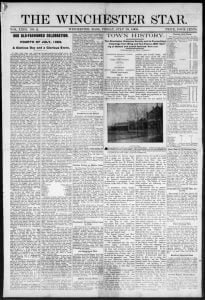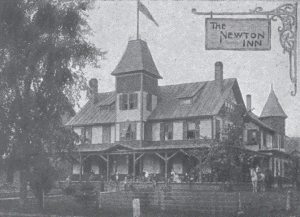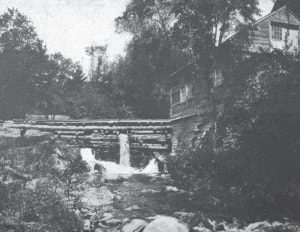The Brickey House of Prairie du Rocher Illinois
Nearly every town has an old house with an interesting story. Prairie du Rocher has several, one of which was the Brickey house. Unoccupied for many years, this large three-story, square-framed house with its wide porches, stained glass, shuttered windows, and mansard roof attracted the attention of the most casual visitor to the village. It stood among large trees of a generous plot of ground below the bluff, it silently proclaimed the hospitality that once was known there. The fine iron fence that enclosed the grounds emphasized its air of detachment.

